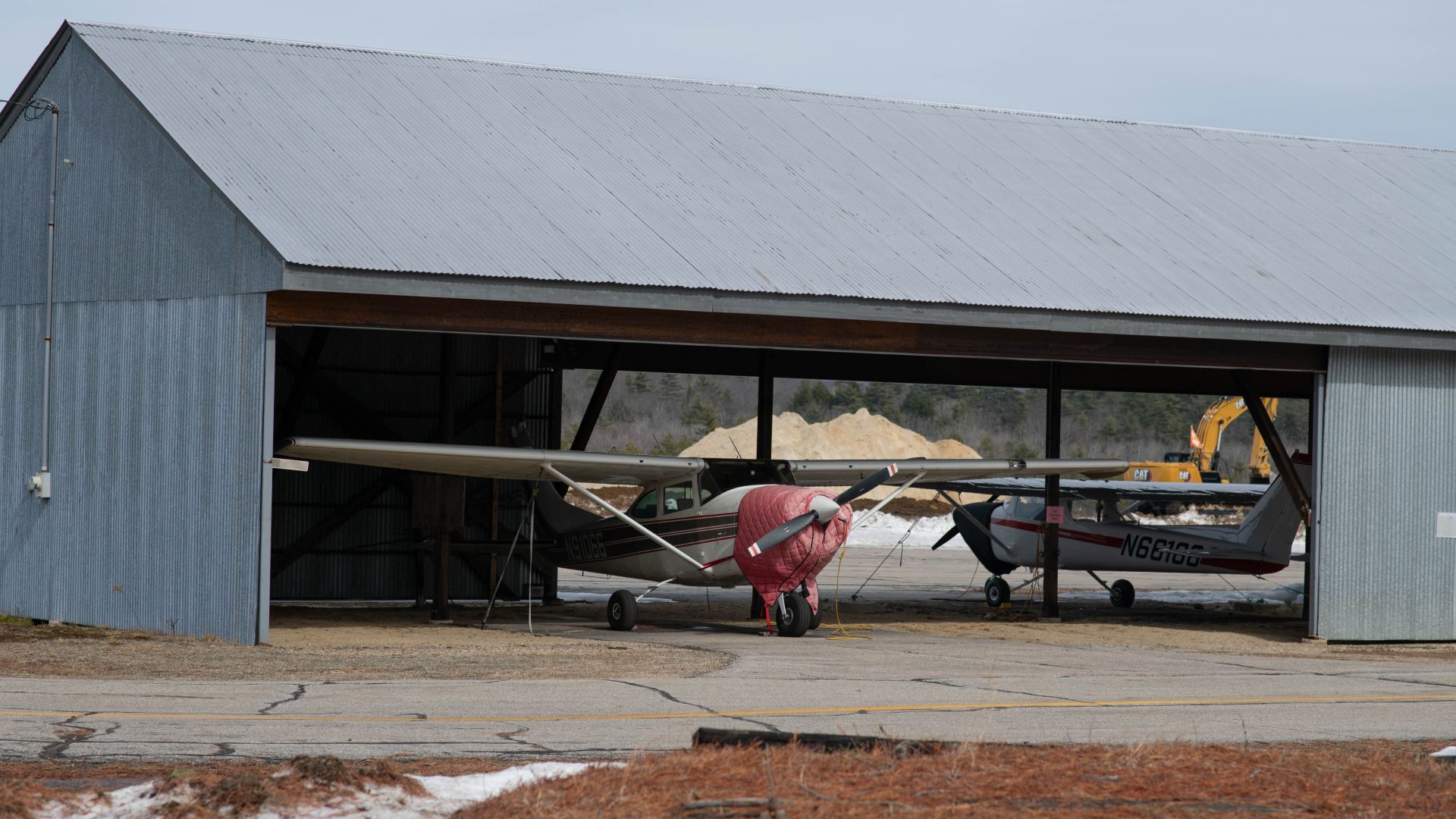Maine lawmakers reconvened this week to salvage a bill that would relax habitat protections around airports after drawing criticism from aviation officials and wildlife advocates alike for amending the bill beyond recognition.
Members of the Environment and Natural Resources scrapped that previous version of the bill, L.D. 138, at a Wednesday work session, voting unanimously to swap blanket exemptions for all municipal developments with new language tailored to aviation safety.
The committee’s collaborative approach during the work session stood in stark contrast to the process at a divisive late February meeting, when members unanimously approved language hashed out behind closed doors during a private caucus.
Third time’s the charm
Under current state regulations, developing land that is home to any of the 57 species Maine lists as endangered or threatened requires developers to pay the state eight times the market rate for the land or set aside an equivalent parcel that will not be developed elsewhere.
The original version of L.D. 138, as introduced by Sen. Richard Bennett (R-Oxford), would have exempted Maine airports from those permitting requirements.
Bennett and Maine municipal airport officials tied the need for exemptions to habitat management plans obligated under the Natural Resources Protection Act, which they say requires airports to maintain sensitive grasslands in a way that attracts unintended wildlife like deer and geese dangerously close to moving aircraft.
Maine environmental officials and wildlife advocates, however, criticized the bill for opening up a “mosaic of essential habitats for vulnerable wildlife” to development rather than tasking airport officials to work with state agencies and come up with a compromise.
The committee’s prior, privately drafted amendment tried to appease both sides and ended up angering both. It loosened habitat protections too far for wildlife advocates, broadening the bill to reduce obligations for municipal airports and other municipal entities, but not far enough for airport officials.
Both sides then went back to the drawing board with state environmental officials in between committee work sessions, agreeing on the framework for the latest amendment, which would prohibit agencies from setting conditions for an airport development permit — like an especially strict habitat management plan — that could decrease aviation safety.
“We ended up in a place where we statutorily confirmed that our state agencies are going to do everything they need to to protect public safety at public airports,” said Francesca “Ches” Gundrum, director of advocacy for Maine Audubon, without “preemptively eliminating endangered species and habitat protections.”
After an hour of careful tinkering on Wednesday, the committee unanimously advanced the updated proposal. It will go to the full legislature after legal review.
“We found the correct combination of language that gets us to a safer situation without sacrificing environmental safety,” said committee member Rep. Dan Ankeles (D-Brunswick).







